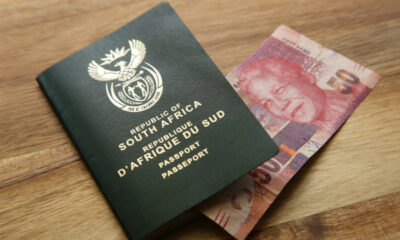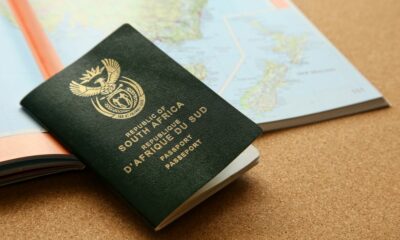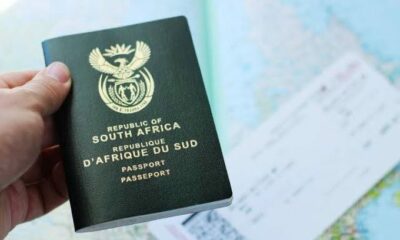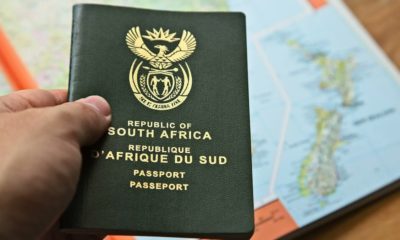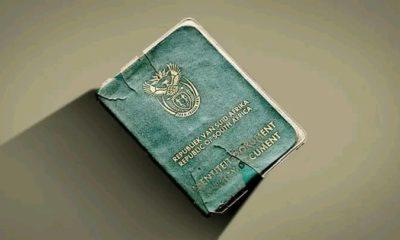Business
South Africa’s Passport Drops Out of Global Top 50: What Went Wrong?
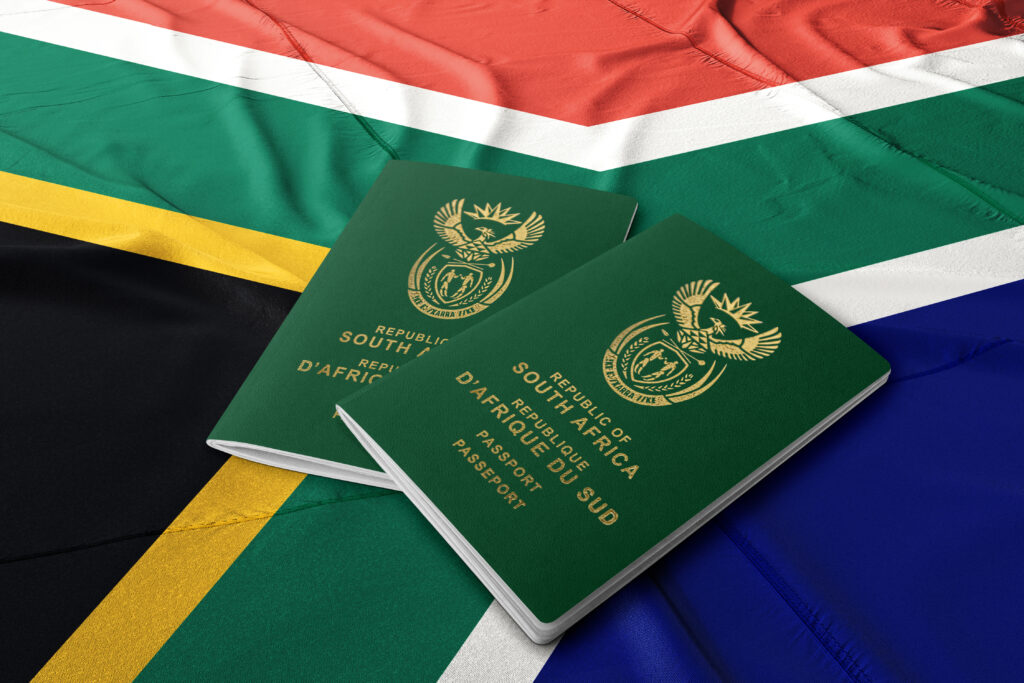
Fewer Visa-Free Destinations, Bigger Travel Headaches
For many South Africans, the little green passport is more than a travel document. It’s a symbol of where we stand in the world. And this year, that standing took another hit.
According to the latest Henley Passport Index, South Africa has fallen from 48th to 53rd place globally, losing its spot among the world’s top 50 passports. Travellers from Mzansi can now visit 102 destinations visa-free or with visa-on-arrival access, down from 103 last year.
It may sound like a small slip, but it’s part of a broader story about how global mobility is becoming more selective and how South Africans are being left with fewer easy travel options than ever.
Why the Ranking Matters
The Henley Passport Index compares 199 passports and their access to 227 destinations. A country’s ranking rises or falls based on how many places its citizens can enter without applying for a visa beforehand.
South Africa’s decline puts it just behind Qatar, which offers visa-free entry to 111 destinations, and just ahead of Belize, which allows access to 100.
At the top of the list sits Singapore, whose citizens can enter 193 countries visa-free. South Korea follows with 190, and Japan is third with 189. The gap between these leading nations and South Africa shows how much global movement has shifted in favour of wealthier or more diplomatically influential countries.
The Somalia Effect
One major reason for South Africa’s drop is the loss of visa-free access to Somalia. Until recently, travellers from South Africa could get a visa on arrival. That changed on 1 September 2025, when Somalia officially launched a new eVisa system.
Now, South Africans must apply online before travelling, pay a non-refundable fee, and wait for approval before booking a flight. It’s a shift that removes the convenience of spontaneous travel and could disrupt business or humanitarian trips that rely on quick access.
Somali officials say the digital system was designed to improve border security and simplify applications. However, for many travellers, especially those who once relied on the old visa-on-arrival policy, the move adds another bureaucratic hurdle.
Still, Not All Doors Are Closed
Despite the setback, South Africans still enjoy visa-free or visa-on-arrival access to more than 100 destinations, including popular holiday spots like Mauritius, Thailand, Singapore, South Korea, and Brazil.
Closer to home, regional travel across southern Africa remains relatively easy. Neighbouring countries such as Namibia, Botswana, Mozambique, and Zimbabwe still welcome South African travellers without requiring a pre-arranged visa.
What This Means for Travellers
While dropping a few places might not affect everyone immediately, it signals a trend. Global travel freedom is increasingly tied to diplomatic influence, trade partnerships, and international cooperation, areas where South Africa’s recent challenges, from security concerns to strained relations, may play a role.
It’s also a reminder of how quickly global travel rules can change. The rise of digital borders means more countries are switching to online pre-approval systems, limiting spontaneous travel for those without the world’s strongest passports.
For now, South Africans planning trips abroad will need to double-check entry requirements more carefully than ever. Because as the world’s rules tighten, even one missing document can ground an entire journey.
Follow Joburg ETC on Facebook, Twitter, TikT
For more News in Johannesburg, visit joburgetc.com
Source: Business Tech
Featured Image: Joburg ETC

